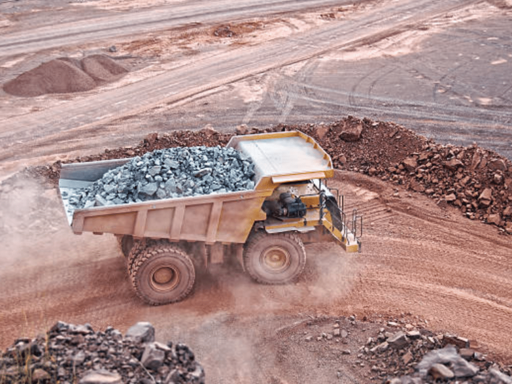London-listed miner Pensana has abandoned its planned £250 million rare-earth refinery near Hull, opting instead to build the facility in the United States, despite being the “poster child” of the UK’s critical minerals strategy. The strategy was an attempt for the UK to be part of a supply chain dominated by China, the US, and Australia.
However, Pensana chairman Paul Atherley told the BBC that the UK government’s £5 million offer for the Hull refinery was “nowhere near enough” to compete with American incentives. He gave the example of MP Materials. The Pentagon is buying $400m of MP Materials stock.
Pensana follow the money
The now-scrapped facility was designed to process ore from Pensana’s Longonjo mine in Angola. The mine is one of the world’s most significant rare earth projects currently under development. The decision marks a significant blow to Britain’s critical minerals strategy, coming just three years after the project was celebrated as a cornerstone of the UK’s initial critical mineral strategy in 2022.
The BBC reported that a spokesperson for the Department for Business and Trade said:
It is disappointing that Pensana has decided not to proceed with this development, but it is ultimately a commercial decision for the company. We will publish a new Critical Minerals Strategy soon to help secure our supply chains for the long term, and we’re reducing industrial electricity costs for businesses as part of our modern Industrial Strategy.
The strategy was intended to be published in Spring 2025 – it was last revised in 2023.
According to Pensana’s latest annual report, the Longonjo Rare Earth Project has received $268 million in investments from financial institutions, including Angola’s sovereign wealth fund (FSDEA), the Africa Finance Corporation (AFC), Absa Bank, and Britain’s M&G Investment Management.
British loss
The move sees Britain lose both the strategic refinery and the 126 skilled jobs it would have created at the Saltend chemicals park. And, despite British investors like M&G, Pensana will prioritise the American market instead.
Leading military ‘think tank’ RUSI warns that UK strategy has been overtaken by “forceful” critical minerals dealmaking by US President Donald Trump. RUSI references the Global Witness report that reveals a pattern where the Angolan government pays Trump-linked lobbyists at Squire Patton Boggs, the DRC government contracts with Trump-tied Ballard Partners, and Ukraine has signed a direct minerals-for-security deal with the US government. While RUSI is not directly encouraging this behaviour by Trump, it is implying that the UK must develop a more “muscular” position.
Absent from mainstream discussions has been the “ravages of neo-colonial corporate extractivism,” and steps to limit extraction in an ecological crisis. Campaigners have said that any:
UK trade agreements covering critical minerals must preserve and protect the right of ‘producer countries’ to pursue these kinds of policies, ensuring they can use their mineral wealth to support their economic development.
Increased militarism
Further to this, the UK government announced fresh trade negotiations with Greenland to strengthen cooperation on critical minerals. Usually, these negotiations are billed as attempts:
To diversify away from Beijing’s dominance of the global critical minerals supply chain.
And while this Chatham House op-ed recognises that extracting critical minerals without proper environmental safeguards risks further harm to Indigenous rights and the environment, it still operates within the framework of securing resources for the Global North rather than challenging the fundamental extractive model.
Campaigners have also pointed out that many minerals on the UK’s critical minerals list are not required for the green transition pathway, but rather for the defence and aerospace sectors. As ever, capitalist business interests – particularly those of a global race to mine the Earth’s resources – are a poor disguise for the issues actually at the root of extractivism: the ransacking and abuse of Indigenous communities, land, and a degradation of natural resources.
Featured image via the Canary
By Nandita Lal
From Canary via this RSS feed


